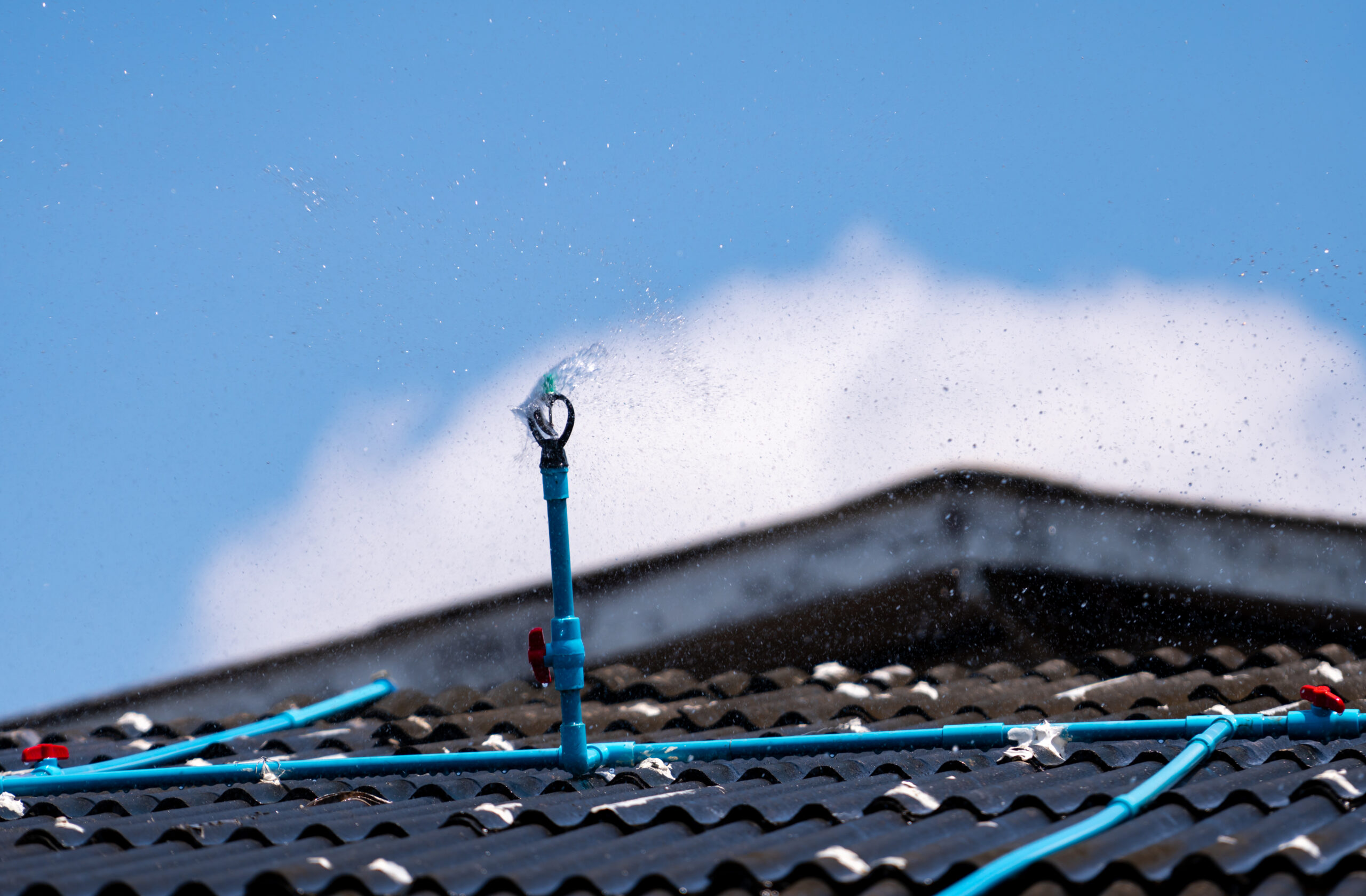Homeowners are faced with the daunting task of keeping their property in tip-top shape. From getting rid of pests to implementing a routine for home maintenance, it can feel overwhelming at times.
Maintaining your property isn’t just important for good living, it’s also imperative for good resale. Potential buyers want to see that you’re committed to your property and are doing everything in your power to keep it in perfect condition.
We’ve compiled some helpful tips for Thunder Bay homeowners all in one place, so you can stop worrying about fixing your house alone.
1. Check Your Gutters and Drainage System
The gutters on your home are a vital part of the drainage system. They catch the water that runs off from roofs, decks, patios, sidewalks, and driveways. The gutter is also used to carry rainwater away from the house so it doesn’t pool in the yard or driveway. If you have gutters installed properly, they should be able to handle all the water that falls during heavy rains.
However, any problems with them, such as clogged downspouts or damaged guttering, can cause flooding inside your home. It is important for Thunder Bay homeowners to inspect their gutters regularly to ensure they are working correctly. This will help prevent damage to your property.
2. Check Your Window Wells
Window wells are often neglected in the house maintenance process. They are usually overlooked as they don’t have any immediate effect on the building’s structural integrity. But these windows can be a source of water leaks, rodents, and insects.
The window wells should be checked for any signs of wear and tear by professionals at least once every two years to ensure that there are no major problems with them.
The average window well is around 12 inches wide and 24 inches deep. That’s plenty of space for water to collect, and when it freezes, the ice expands and can break through your basement wall.
The best way to prevent this is by installing a window well cover. This will help keep rain from entering the window well and freezing over the winter months.
3. Check Your Electrical System
The electrical system in a home is a complex system that needs to be checked regularly.
In order to avoid potential electrical problems, it is important for homeowners to know how to check the electrical system.
If you have an old house, it is possible that your electrical system needs to be checked. This is especially true if you are noticing a few of these signs:
– Your lights flicker or go out when you turn on the stove or dryer
– You hear a humming noise coming from the electrical panel or wires in the basement
– Your outlets are starting to get loose and not work as well as they used to
– You notice that your light bulbs are burning out more quickly than usual.
A good way to do this is to check the major components of the electrical system, such as circuit breakers, fuses, and wiring. Circuit breakers are usually located in the breaker box. Fuses are usually found in a fuse box or panel. Wires can be found in any room of your home or outside too.
If you are looking for a qualified electrician, you will need to make sure that they have the right qualifications and certifications. You should also check with your local authority to see if they have any complaints or warnings against the company.
4. Weatherproof Exterior Pipes
The exterior pipes of a house are the ones that are exposed to the outside environment. They need to be in good condition to do their job well, and if they are not, it is important to get them fixed.
Exterior pipes should be regularly inspected for any signs of damage or wear and tear. This can help owners understand the state of their pipes before any problems arise. Regular inspections will also help avoid future repairs by catching any issues early on as well as detecting early signs of water leakage or problems with the exterior surface of the pipe.
The exterior pipes also need to be cleaned periodically because they accumulate dirt, debris, and other contaminants over time that can lead to clogs or corrosion which may cause leaks.
Here are some tips for checking your home’s plumbing system for potential problems.
Household Plumbing Inspection Checklist
5. Seal Leaky Doors and Windows
Leaky doors and windows are a massive problem for many homeowners. They may not be as noticeable as cracks in the foundation, but they can be the cause of significant damage.
There are many reasons why you should seal leaky doors and windows:
- Leaks can lead to mold growth which is bad for your health.
- Leaks can lead to water damage which will cost you money in repairs.
- Leaks will make your home more susceptible to burglaries because burglars know that people who live in homes with leaks are more likely not to pay attention.
- Leaks will cause your home’s energy bills to go up because the moisture from the leaks is making it harder for the air conditioner or heater to do its job properly.
The first step to take is to make sure that you have a good sealant around all of your windows and doors. This will keep water from getting in through any gaps in the door or window frame.
The next step is to make sure that there are no gaps between your window frames and walls or flooring. You can do this by caulking around the edges with a silicone caulk that dries quickly, such as GE Silicone II Clear Caulk Sealant.
So there you have it. I hope you found these suggestions useful. Check out our homepage for the most recent listings if you are looking to buy or sell houses in Thunder Bay.
